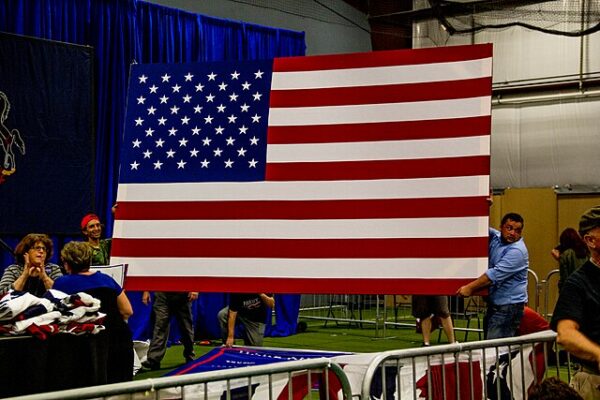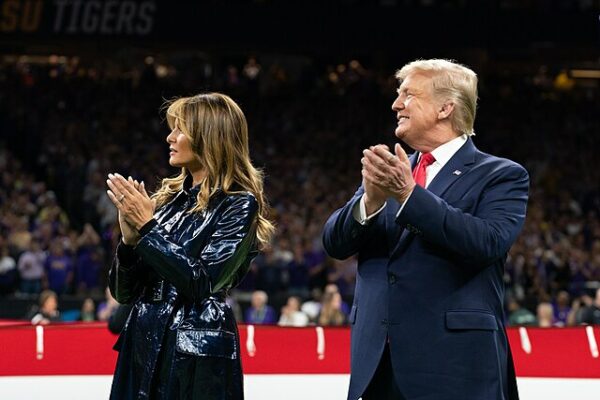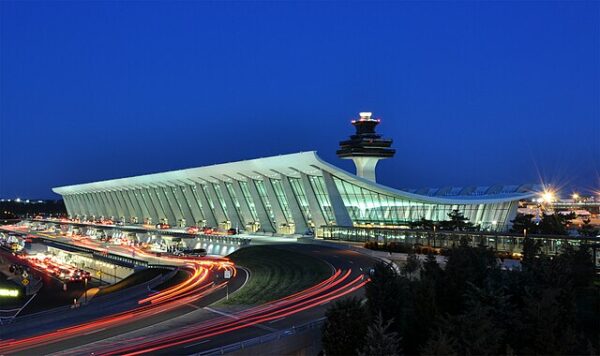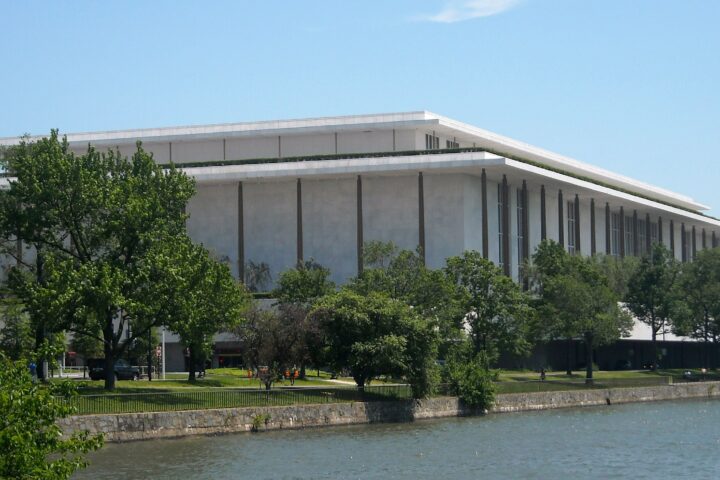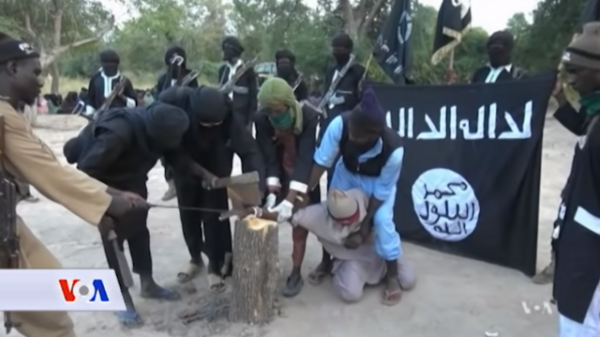President Donald Trump is preparing to sign an executive order on August 25, 2025, targeting acts of American flag desecration—including burning—with an emphasis on stricter enforcement and prosecution. The move follows a string of protests where demonstrators burned U.S. flags, reigniting fierce debate over patriotism and free speech.
The order will direct the Department of Justice, under Attorney General Pam Bondi, to pursue legal action against individuals who violate existing laws through flag desecration. It also calls for new legal challenges to test the boundaries of First Amendment protections, specifically referencing the 1989 Supreme Court ruling in Texas v. Johnson, which recognized flag burning as protected speech. Federal authorities will be instructed to coordinate with state and local officials to pursue cases that violate local ordinances, writes Fox News.
The administration argues that the flag is “a profound symbol of national unity,” and the order stresses that its desecration is intended to “provoke or intimidate.” For non-citizens, it goes further, instructing the Department of Homeland Security to weigh visa revocations or other immigration consequences for those involved in such acts.
The issue has gained momentum after a series of recent incidents. In 2024, anti-Israel protesters burned American flags in cities such as Chicago, Washington, D.C., and New York—some of the demonstrations coinciding with the Democratic National Convention. In June 2025, anti-ICE protesters in Los Angeles were filmed burning American flags while waving foreign banners, acts that underscored rising tensions over federal immigration enforcement.
These episodes echo earlier cultural clashes over national symbols, most famously during the protests of 2020, when athletes followed Colin Kaepernick’s 2016 lead by kneeling during the national anthem when Trump demanded he get taken off the field for not respecting the country. Earlier this year, he banned the display of non-American flags at U.S. embassies and personally funded the placement of two large American flags on the White House grounds.
The order is expected to reignite constitutional disputes over free speech, particularly for those who are not citizens. Legal scholars caution that efforts to penalize flag burning could collide with long-standing precedent. Yet for Trump, the measure reflects a broader political theme: defending national symbols in an era where the left often denigrates them.

